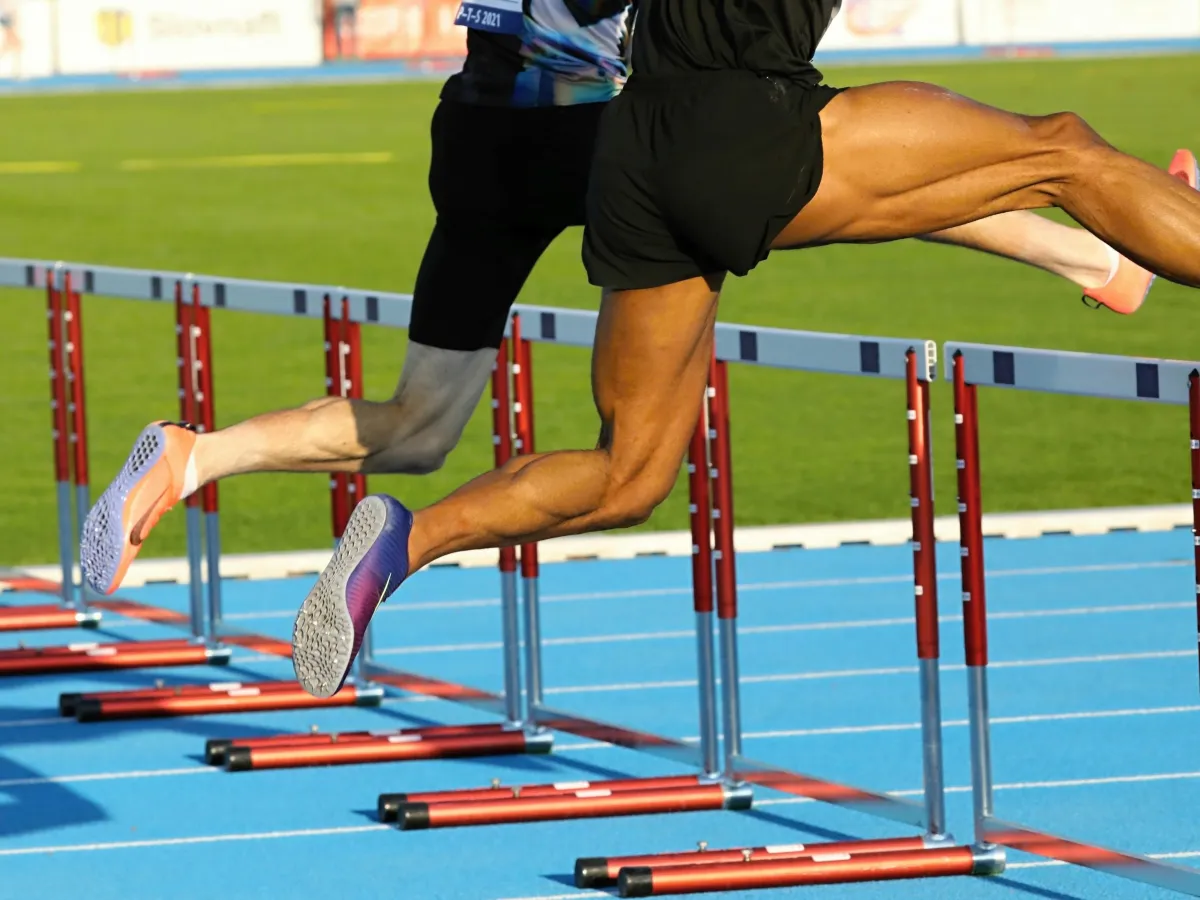
Life After the Game: Preparing for Career Transition in Sports
Life After the Game: Preparing for Career Transition in Sports

For many professional athletes, the end of a sports career can come sooner than expected—and often without warning. Whether due to injury, age, or shifting opportunities, transitioning out of the game can be emotionally and financially challenging. That’s why preparing for life after sports is critical, even during the peak of an athletic career.
The Inevitable Transition
Most athletes retire in their 30s, leaving decades of life still ahead. The abrupt change from structured schedules, public attention, and team camaraderie can cause anxiety, identity loss, and uncertainty about the future. Without a clear plan, even the most successful athletes can struggle with the transition. The key is starting early—developing a roadmap for post-sports life while still actively competing.

Education and Skill Building
One of the most powerful tools for a successful transition is education. Athletes are increasingly pursuing college degrees, online certifications, or vocational training during their careers. Many also take internships in the off-season or shadow professionals in industries that interest them. Developing new skills while still playing allows athletes to discover passions beyond the game and build confidence in non-sports arenas.

Career Planning and Mentorship
Just as athletes work with coaches to improve performance, they benefit from working with career advisors and mentors to plan for the future. Whether the goal is to move into broadcasting, coaching, business, real estate, or entrepreneurship, mentors can provide guidance, networking connections, and real-world insights. Agents and financial advisors also play a crucial role in helping athletes explore post-career opportunities and avoid financial pitfalls.
Mental and Emotional Wellness
The psychological shift from athlete to "civilian" is often underestimated. Mental health professionals and transition coaches can help athletes process the emotional impact of retirement, manage stress, and rediscover purpose. Talking openly about the emotional side of career change is essential to navigating this phase with strength and clarity.

Building a New Identity
An athletic career doesn’t define the entirety of a person. Life after the game is an opportunity to explore new interests, give back to the community, and reinvent oneself. Athletes who embrace this next chapter often find fulfillment in roles as business owners, nonprofit leaders, public speakers, or advocates for causes close to their hearts.

Conclusion
Retiring from sports isn’t the end—it’s a new beginning. With intentional planning, ongoing education, and the right support system, athletes can transition into successful, meaningful second careers. Life after the game can be just as rewarding as life on the field—if not more so.
